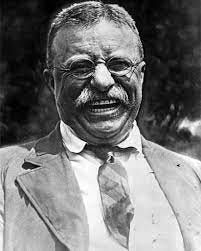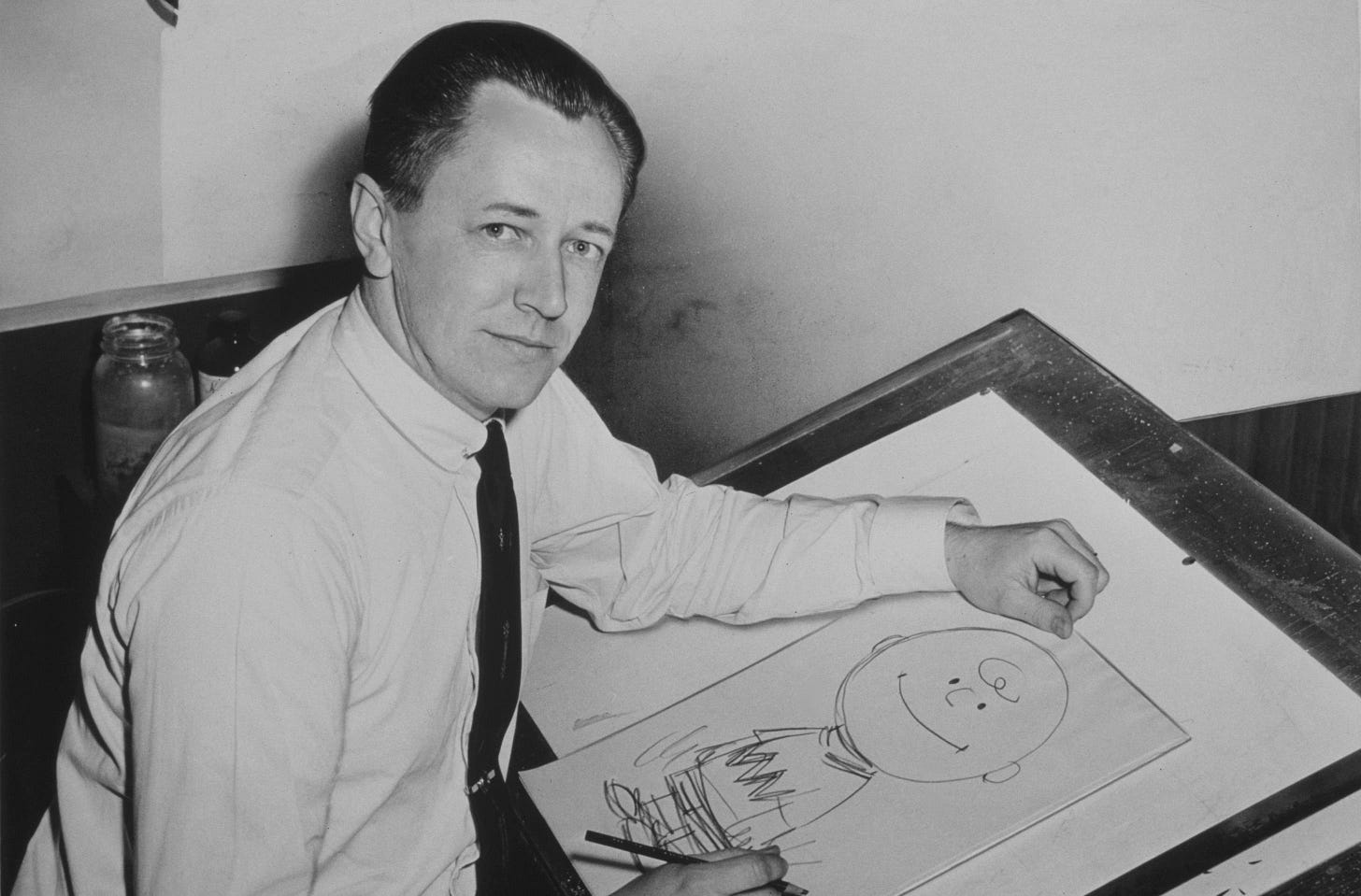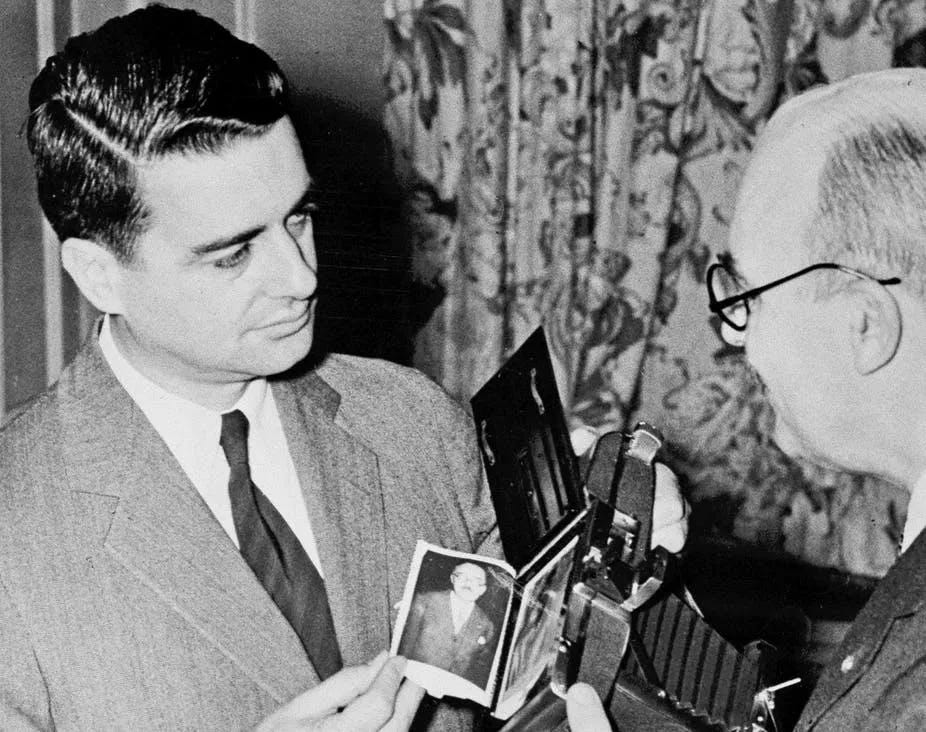Consistent Peanuts, Crying Over China Rabbits, and Learning the Hard Way
Saturday Morning Coffee ☕️
Hey friends,
I’m learning that it’s OK to learn the hard way.
Two weeks ago, my son sprinted into the kitchen through the office and forgot that there was such a thing as a doorpost. He slammed his head against the wall and was flattened like Michigan’s towel boy.
Since then, I’ve watched Whitsun run slower around the corner and keep his eyes up. I’m not upset about the doorpost headbutt. I’m proud of the little guy.
He learned the hard way—emphasis on “learned.”
It’s typical for people to talk about someone who “learns the hard way” with an eye roll, as if it’s a character flaw. But at the core, learning the hard way means cultivating wisdom through experience, and experience through experimentation.
My best lessons in life have come through learning the hard way.
And I’m OK with learning the hard way, as long as I learn.
What isn’t OK is hitting the same hard again because I made the same mistake. That’s not learning the hard way. That’s a masochistic love of failure for failure’s sake. Whenever I hit the same hard, it means that I squandered the value of experience.
The goal isn’t to avoid mistakes. It’s to make better mistakes over time by harvesting the wisdom of past failure.
I recently heard someone say, “You’re not good because you’re unwilling to be bad.” That’s right on. The reason we don’t walk through the door of innovation is that we’re not willing to run into the unknown, slam against the wall, and first discover all of the places where the door isn’t found.
Teddy Roosevelt said:
Far better it is to dare mighty things, to win glorious triumphs, even though checkered by failure, than to take rank with those poor spirits who neither enjoy much nor suffer much, because they live in the gray twilight that knows not victory nor defeat.
The gray twilight is safe because you never have to learn the hard way. But if you’re willing to embrace a path that is “checkered with failure”—if you’re OK with a doorpost laying you out from time to time—you get to step into glorious triumph, the “far better” life full of deep pain and deep joy.
The Work Behind Peanuts
After we threw on A Charlie Brown Thanksgiving (which I found overrated), I went on a rabbit trail of research on Charles M. Schulz and was fascinated, above all, with his working methods, which are not overrated.
Schulz wrote and drew all 17,897 published Peanuts strips himself over the course of 50 years and had total control of the creative process, ensuring consistency through the tenure of the cartoon.
Schulz took his first pause on publishing Peanuts–a brief leave to celebrate his 75th birthday–after 47 years of continuously creating the strip.
Schulz typically worked six weeks ahead, providing plenty of margin for this unbroken chain of strips.
I’m still figuring out the proper balance between scheduling far in advance and keeping the release of material close enough to feel excited about it. When I schedule something months in advance, it drains the life out of the creative process. By the time it’s released, you forgot you made it.
It’s why I’m writing this newsletter on Saturday mornings and (so far) have done all of the LiveFull Daily devotions the morning of. I suspect there’s a proper balance—and it seems Schulz figured it out.
Lessons from a China Rabbit
Ruthie and I just finished The Miraculous Journey of Edward Tulane, and after a slow start, it became one of my favorite children’s books. It goes deep into themes of love, loss, and redemption, and I sobbed through the last page. I never thought a china rabbit could make me cry.
Also, I’m learning that in parenting, the best opportunities for spiritual and intellectual development come from leveraging the rhythms that are already happening. Ruthie was waking up early, and we were already reading books. So I added an ingredient of intentionality: What if, instead of reading Llama Llama for the 100th time, we used this time to read books that challenge her heart and mind?
Final Quote to Ponder: Hidden Resources
“If anything is worth doing, it’s worth doing to excess … My whole life has been spent trying to teach people that intense concentration for hour after hour can bring out in people resources they didn’t know they had.” (Edwin Land)
Until next Saturday,
Joey








